
SAD and the main characteristics
SAD is an acronym used for the condition called seasonal affective disorder, which is also known as winter depression. More precisely, this is a problem that occurs in people who do not have some mental illness; it is simply a mood disorder, generally typical of winter, though it can be related to some other season as well.
As for the most common symptoms of seasonal affective disorder, they are very similar to the symptoms of depression, and they consist of tiredness, exhaustion, poor concentration, difficulty to wake up and get up in the morning, tendency to sleep over the day, withdrawal from friend and family, and tendency to overeat, too. All of this results in depression, negative and pessimistic feelings, as well as in obesity and gaining weight. As for the causes of this disorder, it is believed that it has something to do with the light, or more precisely, with the absence of light during winter time, and what supports this belief is the fact that many patients who suffer from SAD feel signs of improvement and react positively to the light therapy. A great number of them has increased level of certain hormones (particularly melatonin) and vitamins, of which some need light in order to be produced.
Herbs for SAD
Besides, therapies that consist of light or particular medicines, supplements or vitamins, seasonal affective disorder may be treated with certain herbs, too. Those that have proven to be helpful with this disorder are evening primrose, parsley, dandelion, watercress, borage, licorice, St. John’s wort and ginseng. For example, evening primrose oil is rich in essential fatty acids, which are very effective in the treatment of depression and obesity, but thanks to the ingredients of this herb, several process in the body may be regulated, such as production of prostaglandins, for example. On the other side, parsley, dandelion and watercress are the herbs that have a positive effect on the liver performance, while borage is highly suggested for the states of depression and melancholy, since it increases the levels of energy in the body. The same applies for the licorice root, St. John’s wort, and ginseng.
However, it is important to use these herbs or preparations made of them in recommended dosages, which is something that a good herbalist can help with a lot. Also, there are extracts of some of these herbs and they are available in the form of capsule, but it is also recommended to stick to the suggested doses.





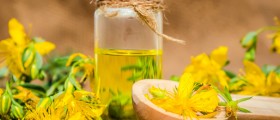
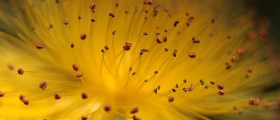
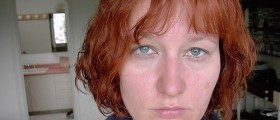

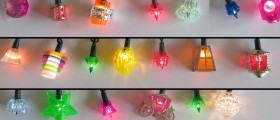
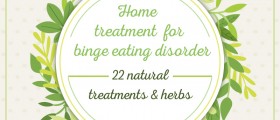

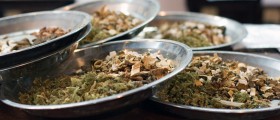
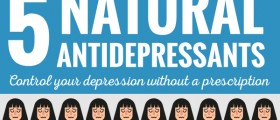
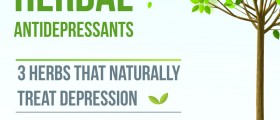


Your thoughts on this
Loading...